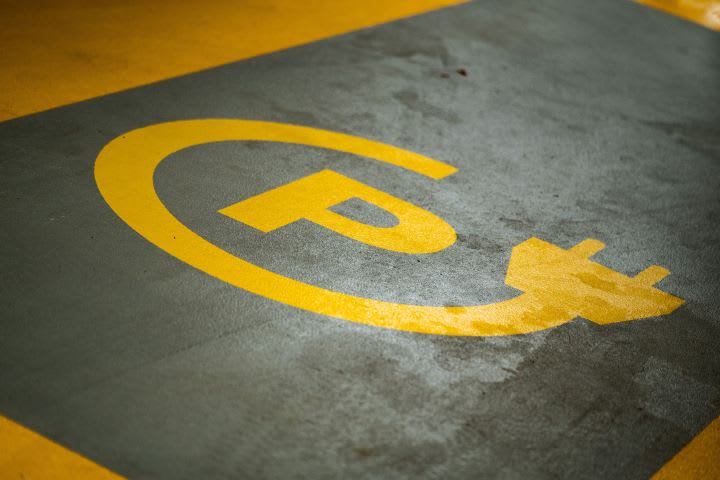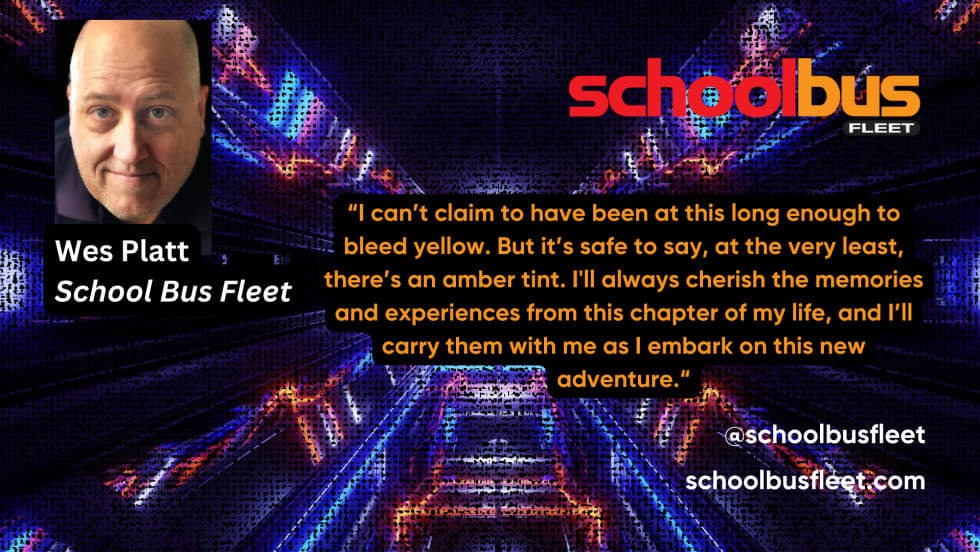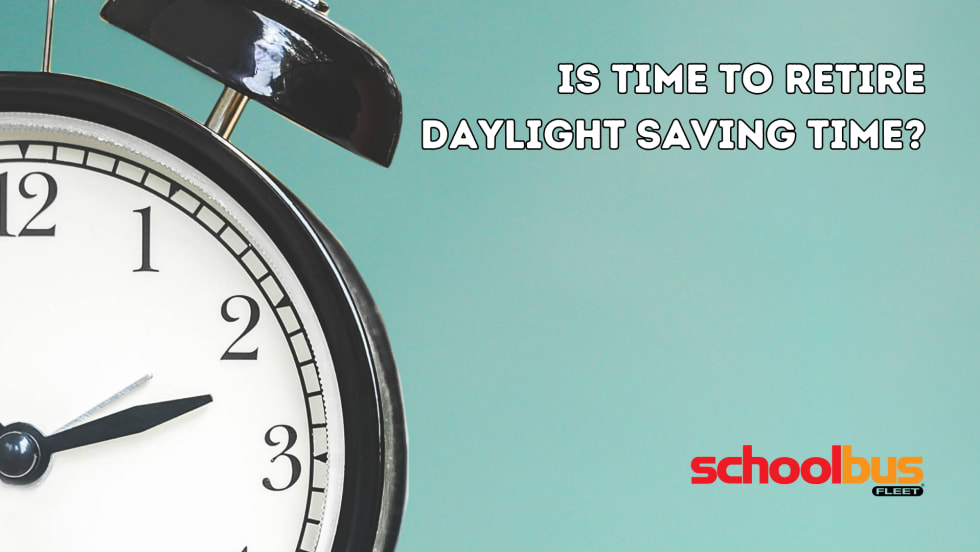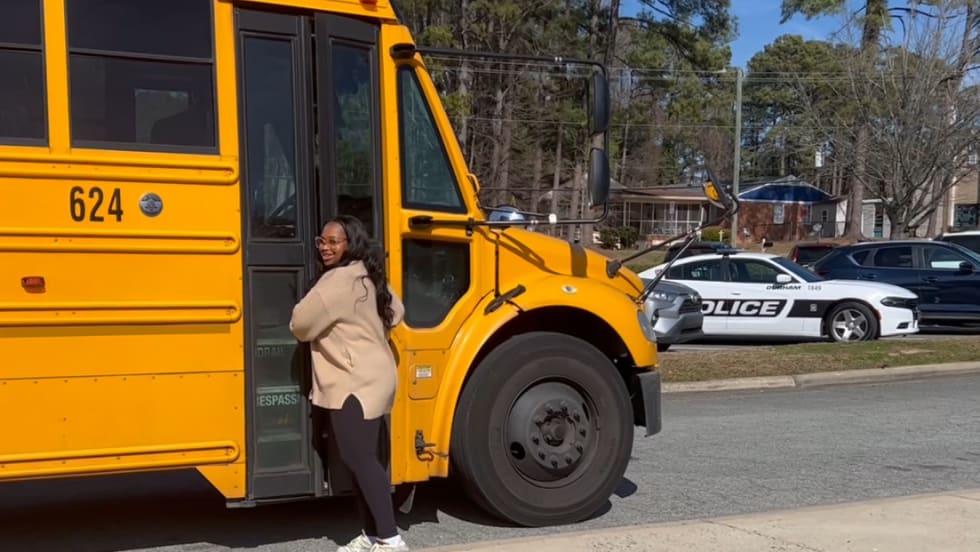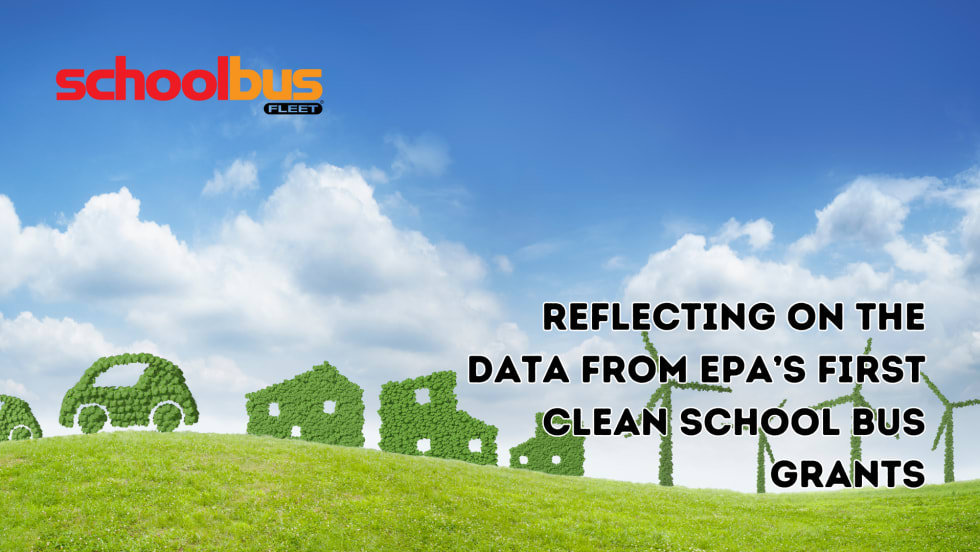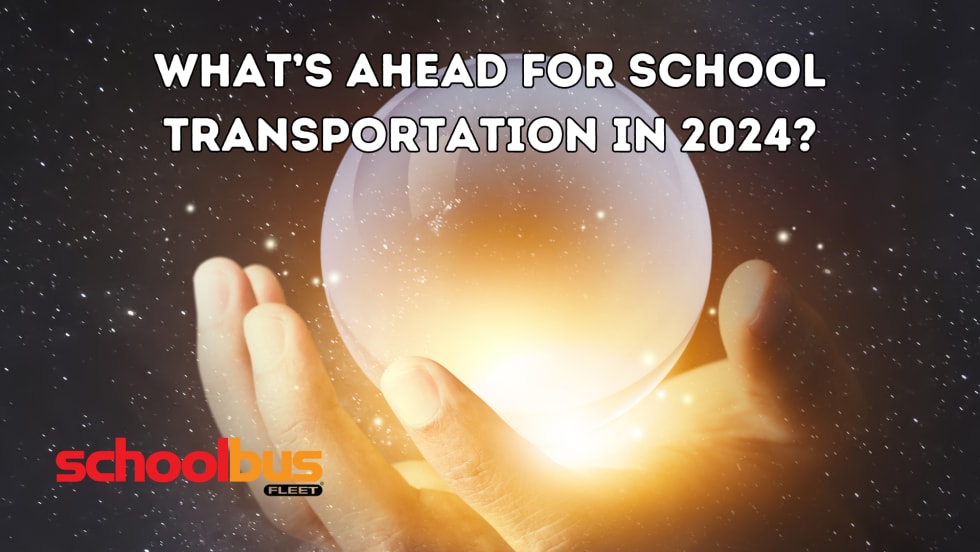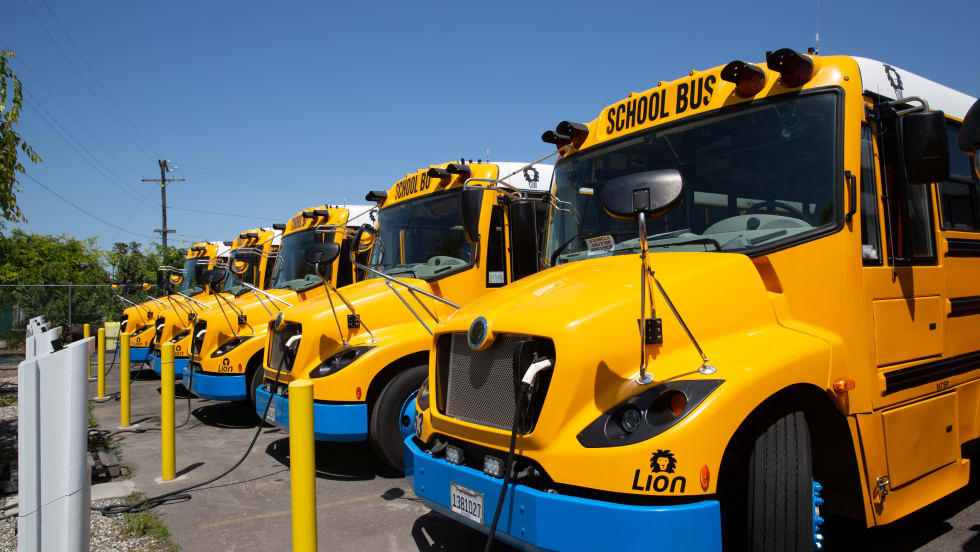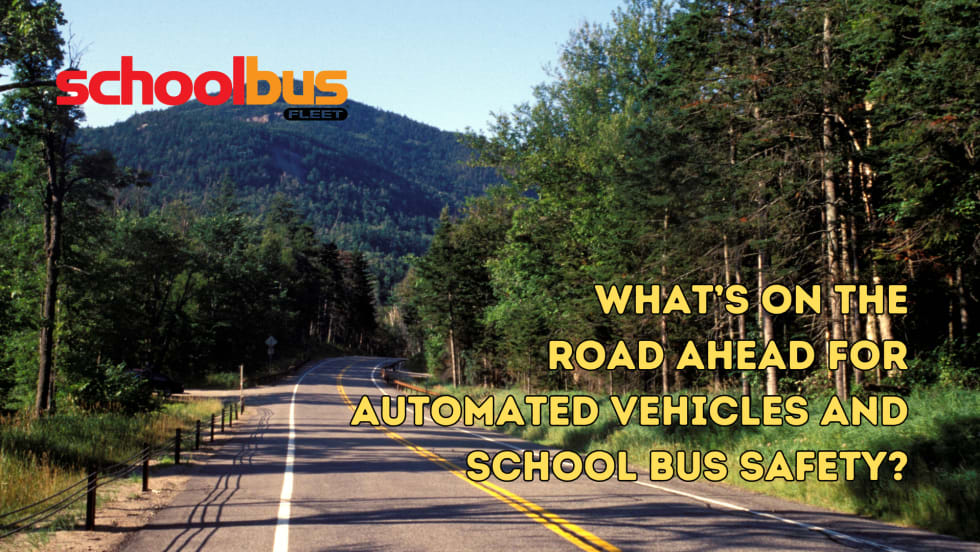Maybe it’s time to temper our expectations for year one of the Clean School Bus program.
I can’t deny that it’s exciting to hear plans to spend billions of dollars over the next five years to convert school bus fleets to low- and zero-emission vehicles. If we could get zero-emission *flying* school buses, I’d be cheering. I’m undeniably jazzed by the new technology rolling out these days.
But you can almost hear the party favor noisemaker deflating with a hiss when we get to the part where the first phase involves rebates.
Under this initial stage, the Environmental Protection Agency wants school districts or the contractors with whom they partner to front the expense of buying new buses and the infrastructure needed to serve them, with the promise of reimbursement later.
That’s a lot to ask of many school districts – perhaps especially the rural districts that the federal program aims to prioritize for rebate opportunities.
In a recent episode of The Route, titled “Clean Start Ahead,” I took a dive into some details of the EPA’s rebate program based on a webinar hosted by the agency. EPA officials chose the rebate option for this first phase because it’s quick to roll out and they can streamline the application and selection process. They also suggested that fleets get rebate money faster, but really that depends on whether the pupil transportation director can get funds from the school district to spend before seeking reimbursement from the EPA.
The rebate program specifically prioritizes high-need school districts and low-income areas, rural school districts, and tribal school districts – home to schools that don’t traditionally receive an abundance of financial resources for the actual education of students, let alone investment in new equipment, infrastructure, and technical training.
So, pay now, get repaid later might be too much of a reach.
The EPA has indicated that the next phase of the program may be more focused on grants rather than rebates, which might be more appealing to school districts across the financial spectrum. But even if they hand out millions of up-front dollars to buy new electric, propane, or low-emission diesel buses, it can be a risky investment without proper planning.
Christiane Walker, an engineering consultant for the Center for Transportation and the Environment, wrote in a guest blog post for School Bus Fleet that the EPA should follow the example set by the Federal Transit Administration (FTA) as it has built the zero-emission transit market. The FTA, she wrote, supported zero-emission development from prototype to demonstration to small-scale deployments and full fleet transitions.
“Small deployments prompted bus OEMs to scale up production of vehicles while allowing transit agencies to learn about the technologies through manageable deployment projects,” Walker wrote. “Most importantly, these deployments were supported with funding for technical assistance. Transit agencies were encouraged to contract with industry experts to provide cost analysis, route modeling, infrastructure planning, and other technical assistance services.”
The EPA’s current approach with rebates, on the other hand, leaves the CTE “concerned about the ability of under-resourced school districts to access the funding and about the ability of all school bus operators to receive proper technical support for deploying a complex and unfamiliar new technology.”
“As we have found through our experience with the zero-emission transit industry, simply providing capital for vehicle acquisition is not enough for successful zero-emission vehicle deployments,” Walker wrote.
Fair concerns, especially when school districts are tasked with spending taxpayer dollars on these projects.




